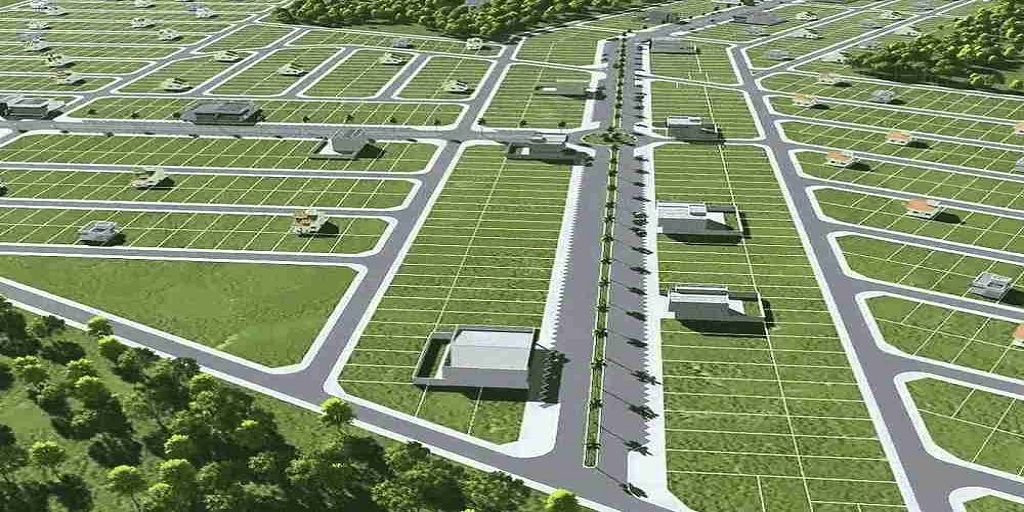If you have heard of geomatics, you have likely heard of surveying. Often, people confuse geomatics and surveying to be different, but the fact is that they are closely knit disciplines. So, what is geomatics surveying, and how is it applied in today’s world?
Geomatics involves collecting, storing and processing spatial data using geometry, physics, geology, computer science, and other skills. It is a broad umbrella which comprises solutions for several fields, including surveying, GIS, remote sensing, environmental sciences, and more. So, in simple words, surveying is a technique applied by those who study geomatics.
What Is Geomatics Surveying?
Geomatics Surveying, commonly called surveying or land surveying, is a profession that works with determining, measuring, and representing 3D objects, land, point fields and trajectories. A surveyor has the academic qualifications and technical expertise to do the following.
● Assembling and interpreting information related to land and geography.
● Using that information for land planning and administration. The same services also extend to the sea and other structures.
● Conducting research in the practices mentioned above to ultimately develop them further.
Equipment Used In Geomatics Surveying
Geomatics surveying relies upon on-field administration, but at the same time, it is also built upon a robust technological foundation. It thus uses both hardware and software tools and equipment to drive the best results.
● Hardware
The most common surveying instruments include theodolites, measuring tapes, total stations, 3D scanners, level and rods, and GPS. Surveyors use these instruments by attaching them to a tripod. Machines such as 3D scanners and aerial drones are also used to conduct surveys.
● Software
Surveying software supports all tools, methods, and machinery used in surveying. Traditional surveying methods would take days to gather data that surveyors now collect in minutes. The latest software is programmed to increase surveys’ efficiency, productivity, and accuracy.
Techniques Used In Geomatics Surveying
● Distance And Angle Measurement
Electronic distance measurement is used today to measure the distance between any two points on land, sea, or air. Before EDM was invented, conventional surveying methods such as measuring tapes, Gunther’s chains, and measuring wheels were used. EDM offers far more accurate data quickly and conveniently as compared to traditional geomatics surveying methods.
● Position Determination And Levelling
GPS is used to determine the position of two faraway objects or the earth’s position with no nearby references. It is also used in levelling, which helps surveyors determine the height of geographical elements. Global positioning system is a satellite-based radio navigation system that offers accurate data points in a minimal amount of time.
● Reference Networks
Surveyor networks determine spatial information. For example, networks can calculate the length and exact positioning of a shoreline, a boundary within which wild animals are located, and so on. In addition, networks use methods such as triangulation, offsetting, and traversing to determine angles and distances depending on the scale of the area.
Looking For Geomatics Surveying In Canada?
If you are wondering how to find the best geomatics survey consultants in Canada, CORE Geomatics is a reputed firm you can contact. They offer the most satisfactory services in surveying, construction monitoring, environmental projects, and more.
They offer high-tech solutions and expert guidance through laser scanning, GIS, and drone AUV in remote sensing technology. Reach out to CORE Geomatics to take your surveying project further in the right direction.



